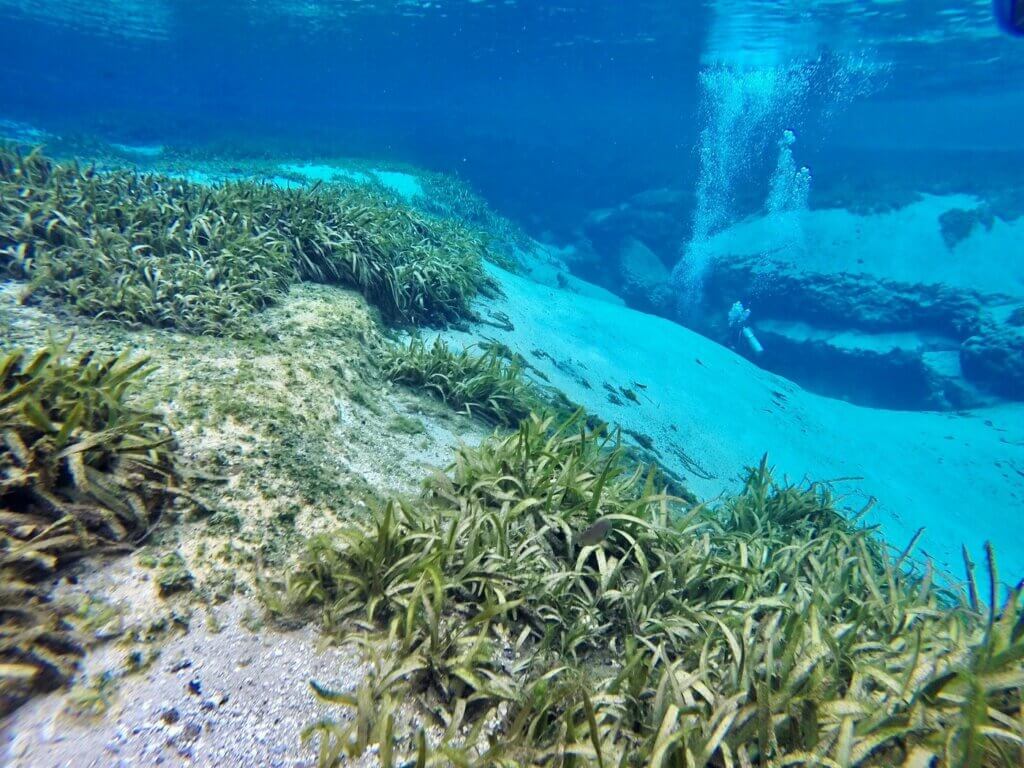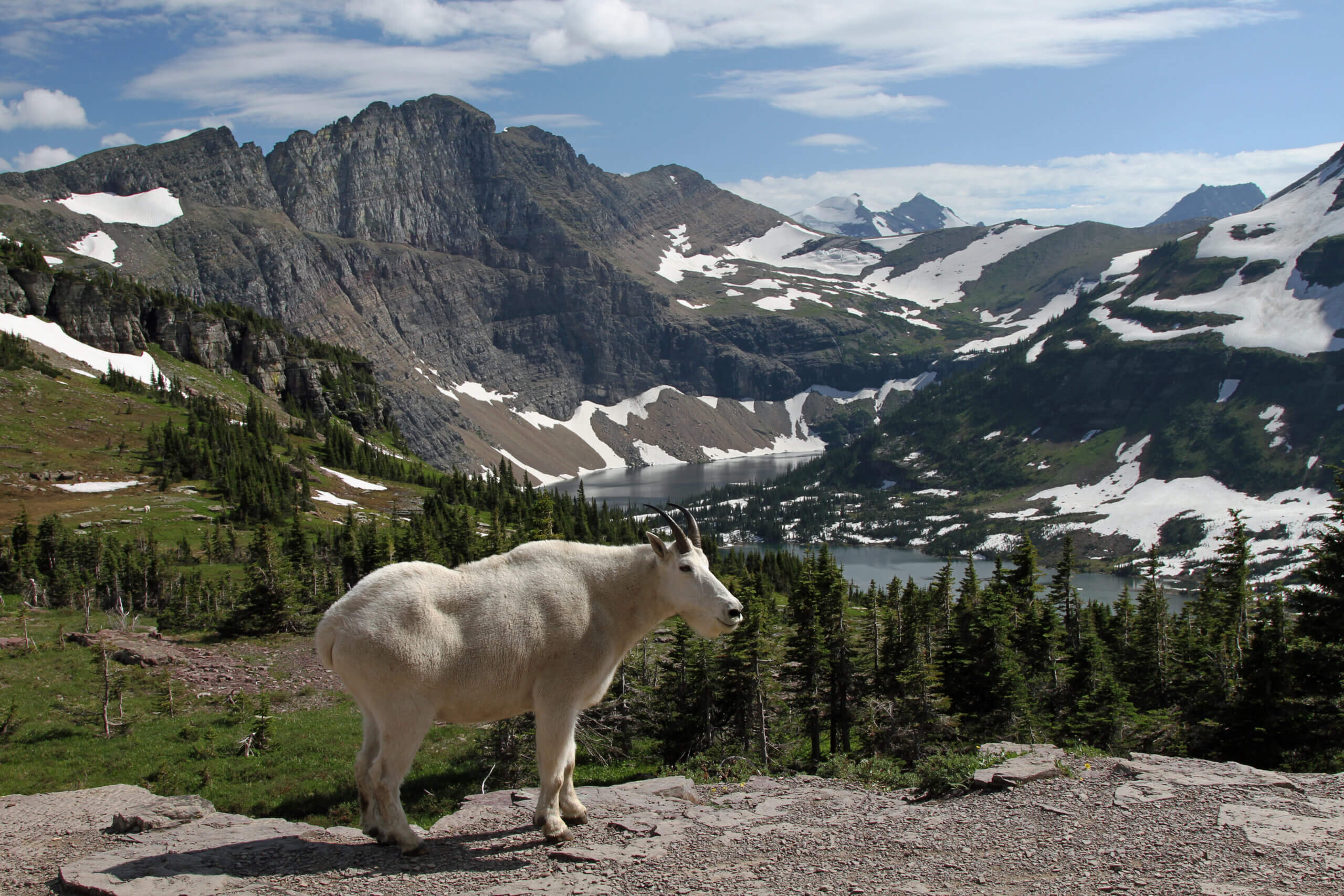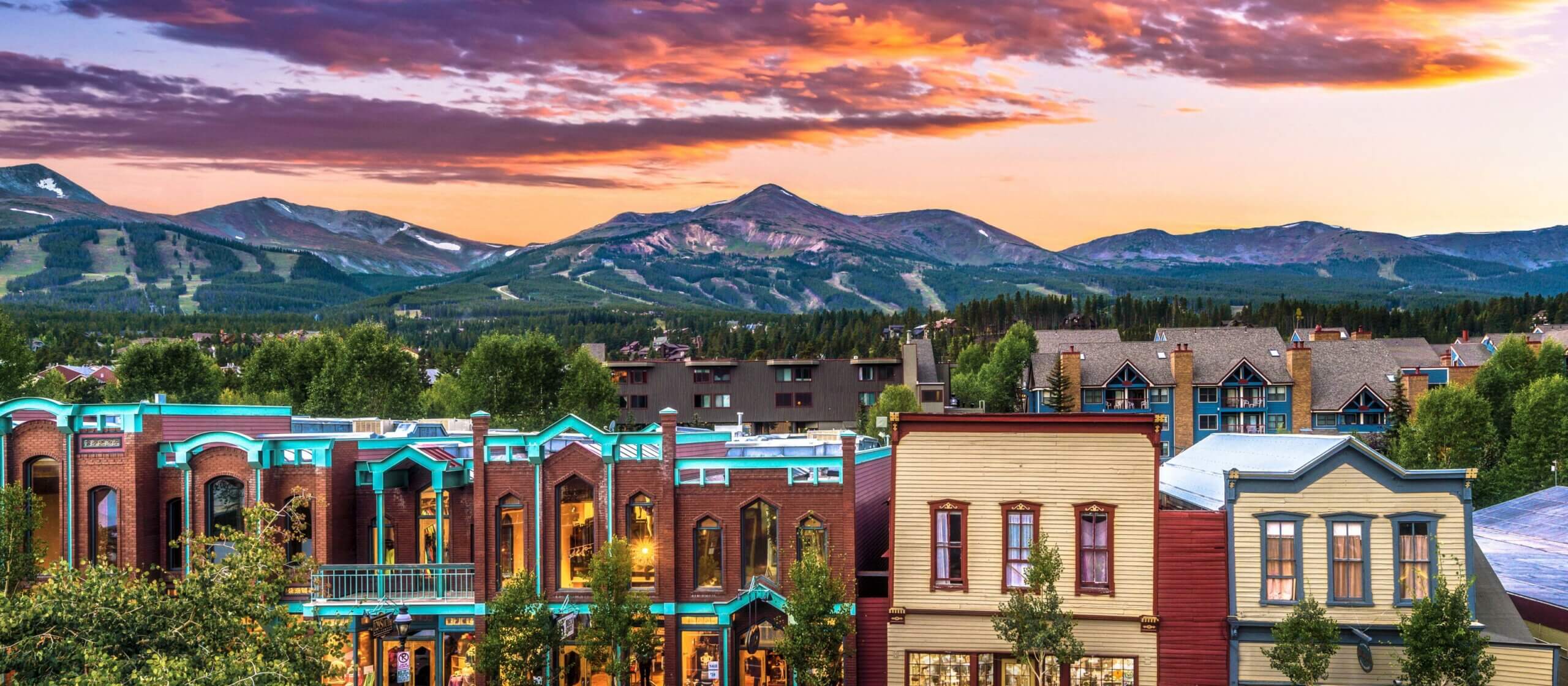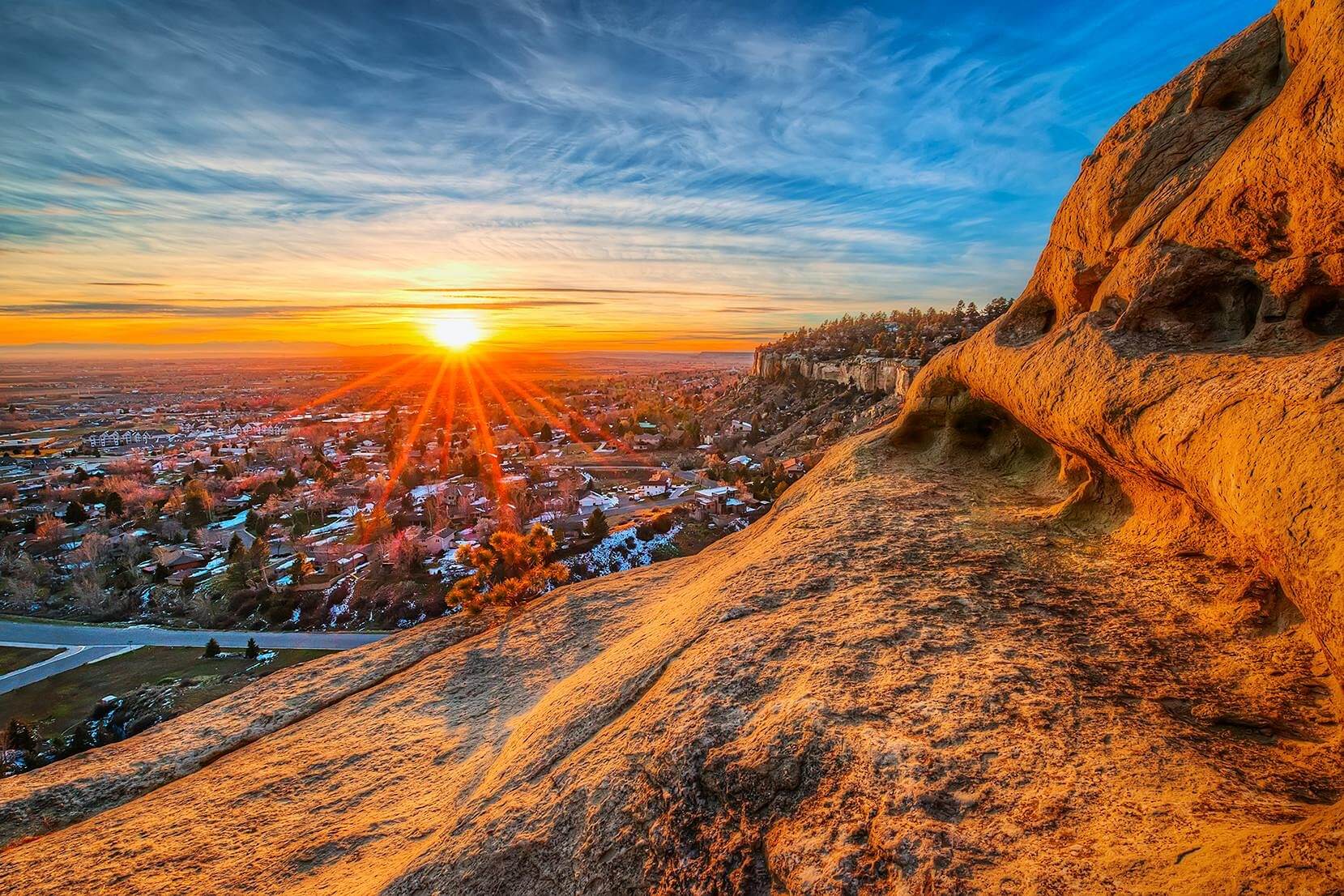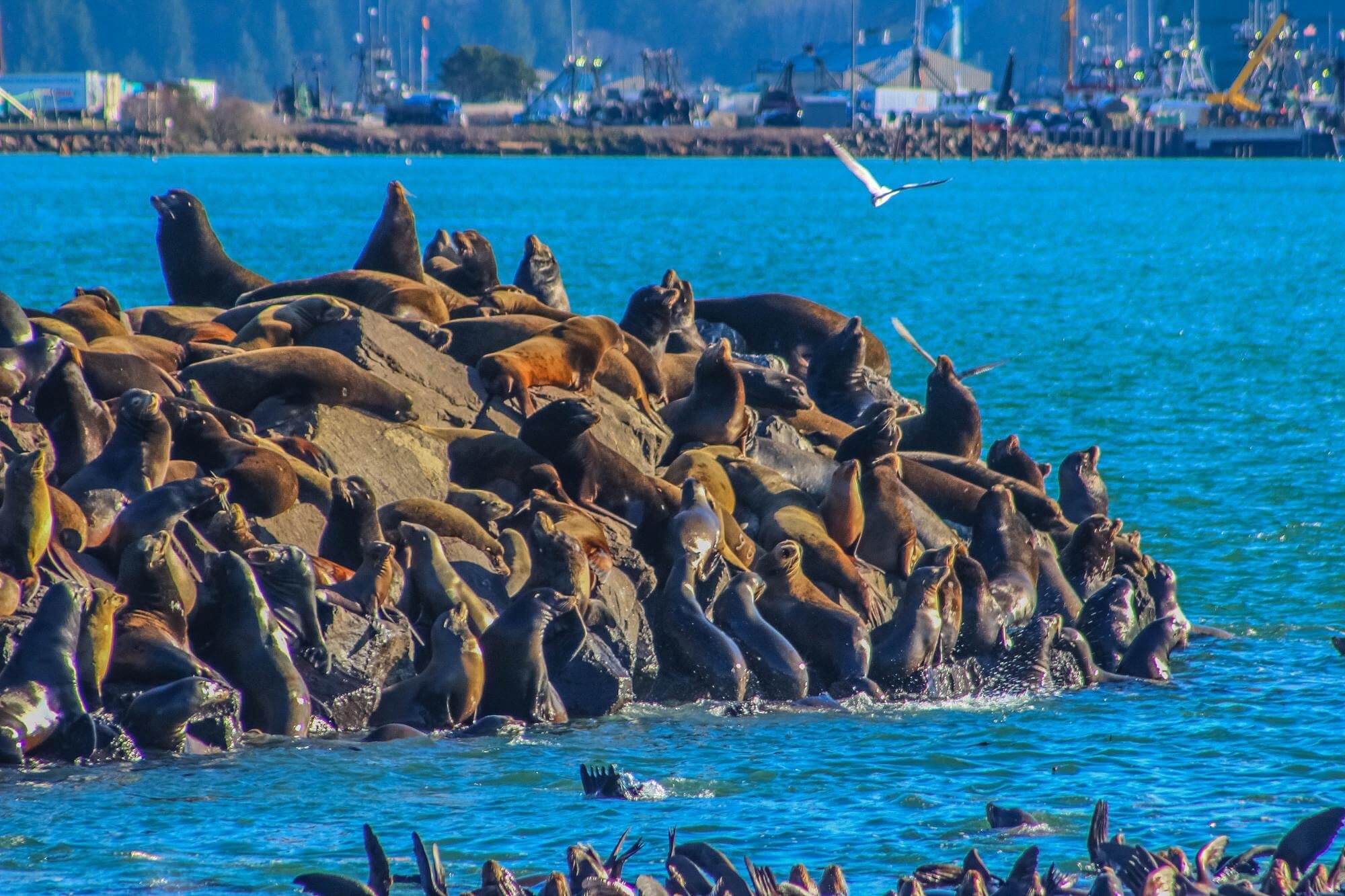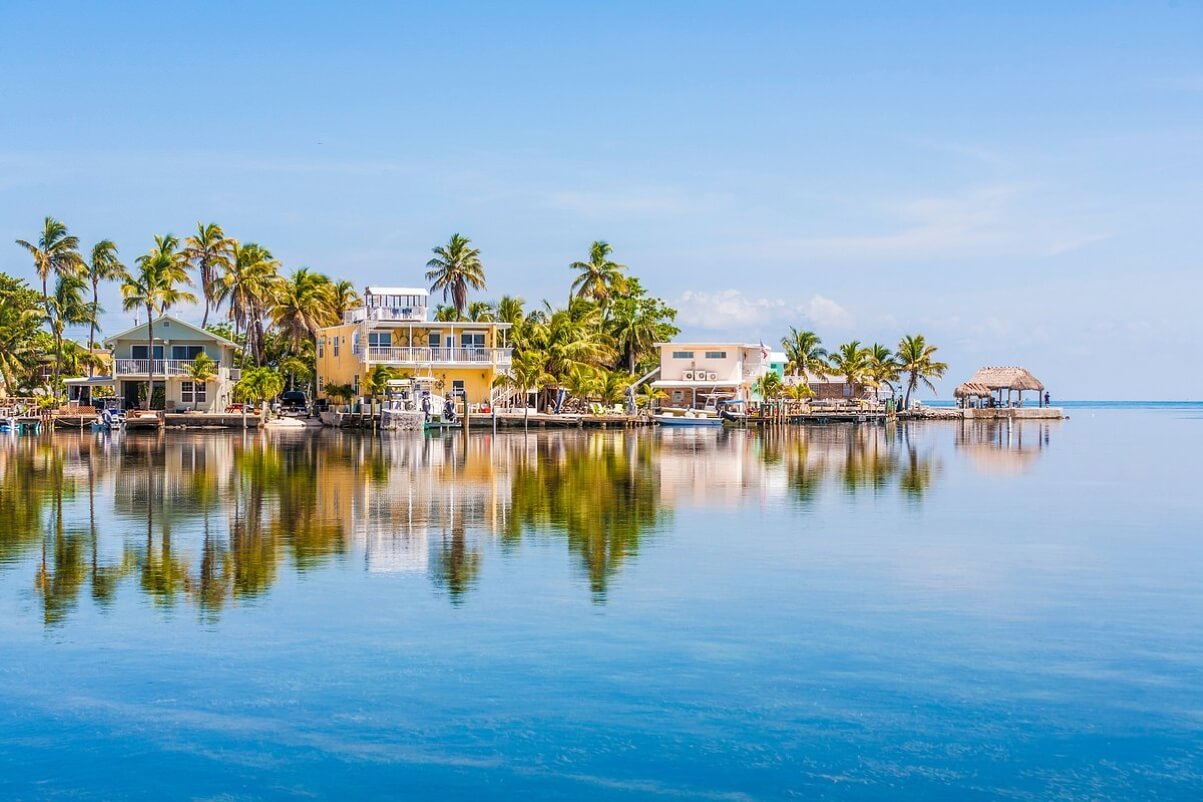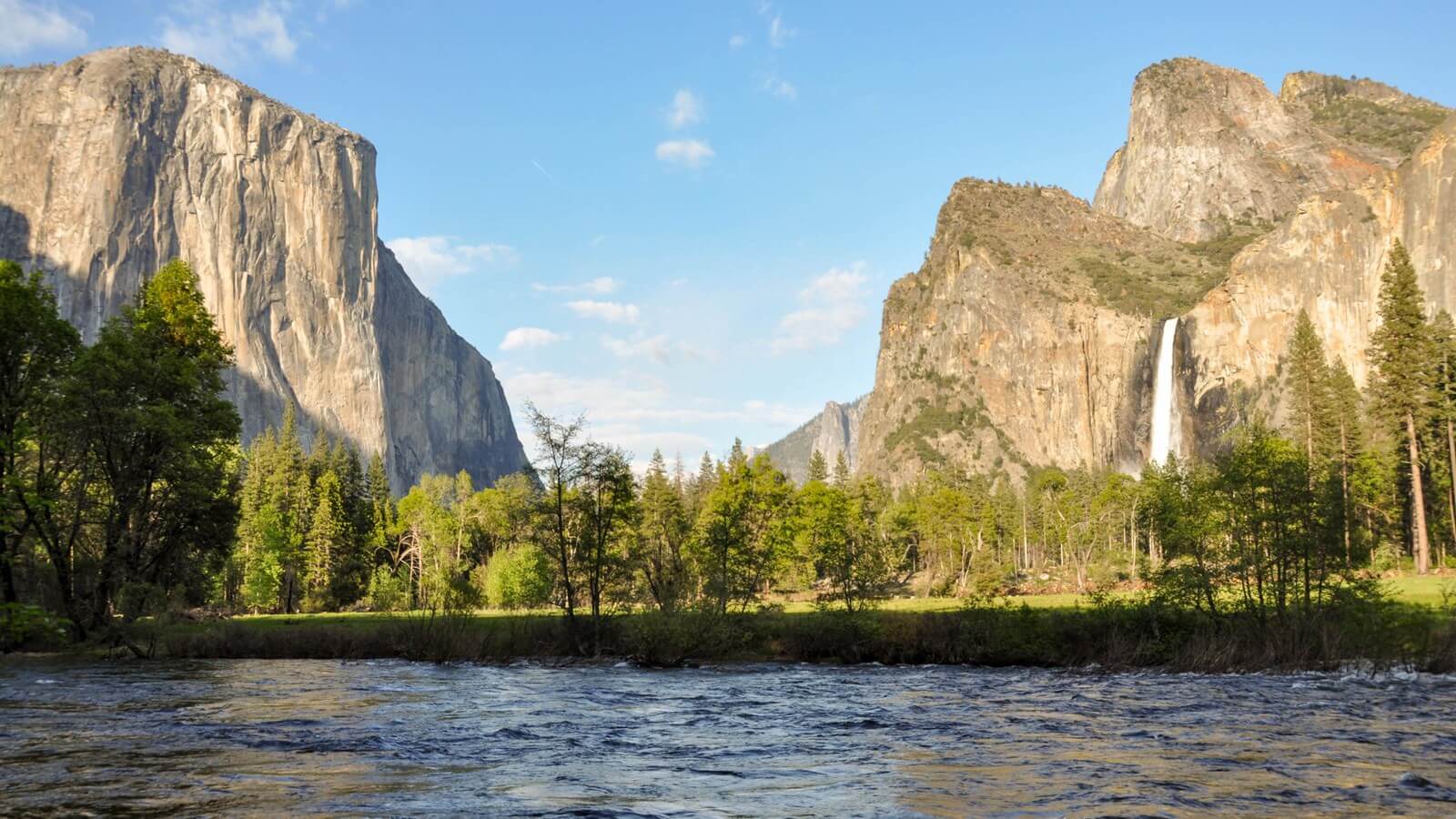Alexander Springs in the Ocala National Forest is one of Florida’s most famous natural swimming areas to visit, promising clear turquoise waters in a floodplain forest of maples, sweetgum and cabbage palms- the perfect environment to take away urban stresses and reconnect you with nature.
The phenomenon of Alexander Springs is nothing new, as it has proven to have been a popular bathing site as far back as 10,000 years.
One of just 27 first-magnitude springs existing in Florida, Alexander Springs is our favorite for accessibility, lack of contaminants, and its picturesque views. It is a wide, gently sloping, limestone and sandy-bottomed pool with beautifully clear water filtered through the protected forest surrounding it. The water stays at a year-round, consistent 72°F – perfect for snorkeling in to catch sight of the fish darting about the eelgrass.
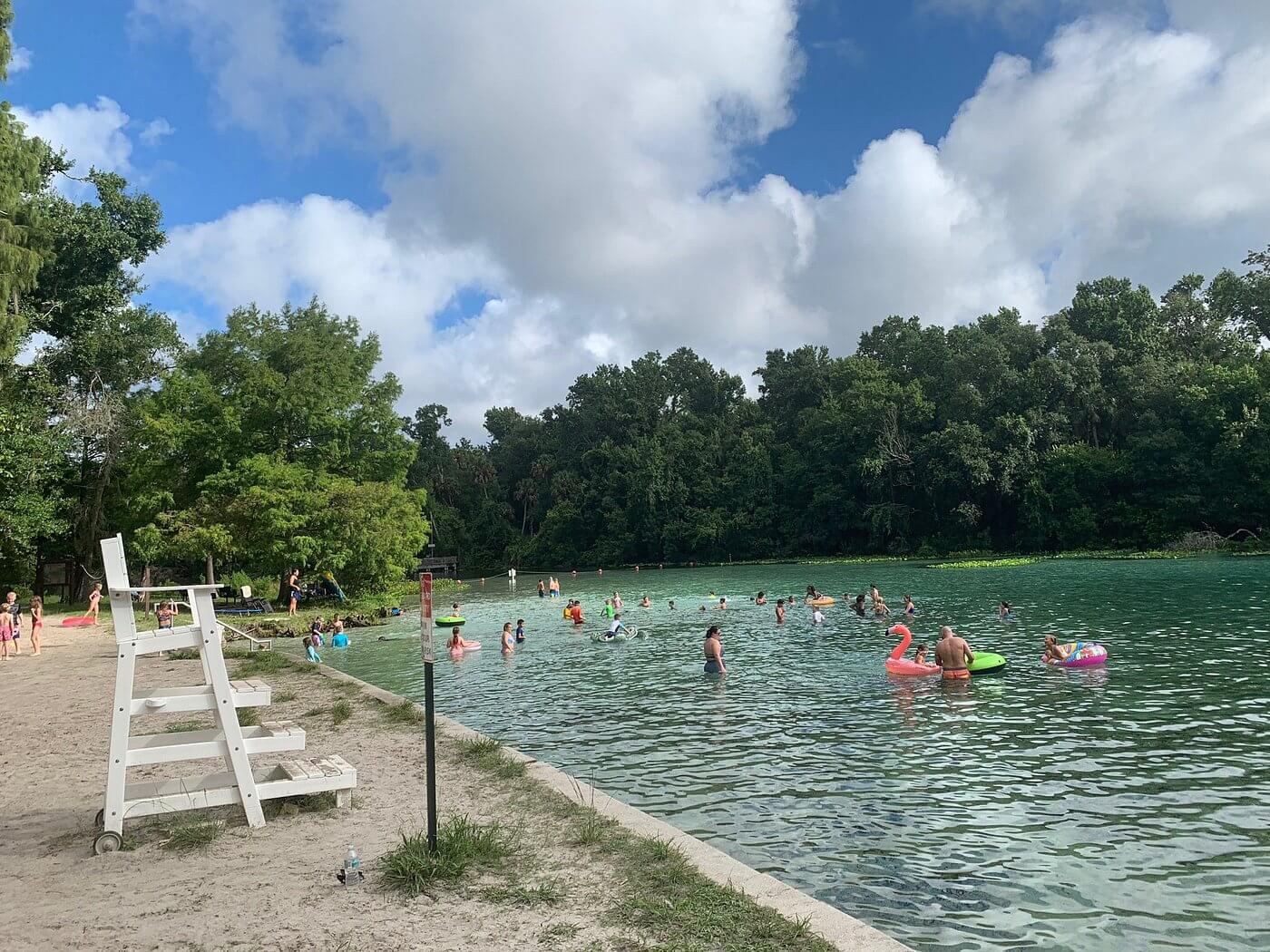
| Address | 49525 County Rd 445, Altoona, Florida |
| Location | Ocala National Forest, Florida |
| Open | 8am to 6pm (or 8pm) for day visitors, 24/7 for campers |
| Clothing | Required |
| Road Access | Easy. All vehicles |
| Water Temperature | 72°F |
| Admission | $8 – $11 per person |
The recreation area is open 8 am to 8 pm, but campers overnighting there are given a unique code to get through the locked gates for the night.
There are some 60 picnic tables throughout the grounds, along with around 40 charcoal BBQ grills. There are also two picnic shelters should the rain hit during your stay.
There are bathrooms with flush toilets, kept as clean as the people using them on any given day, and changing areas with hot showers.
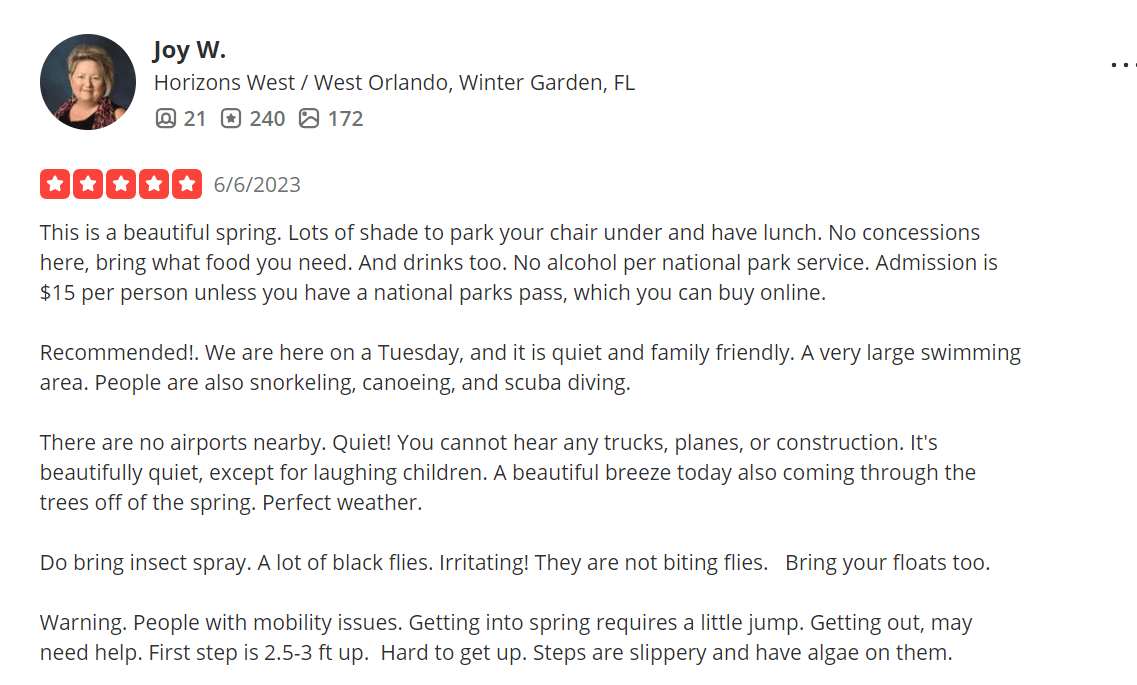
More About The Alexander Springs Pool
The Alexander Springs pool is 300 feet from north to south, and 258 feet from east to west and at its deepest 28 feet (though the area around the beach entrance is shallow enough for children to stand on).
The spring water comes up from Florida’s giant aquifer through several underwater vents keeping the water circulating and clear as it moves down the Run to the St. Johns River 8 miles away. The springs also feeds the 6.5-mile Alexander Creek (also known as “Springs Creek”).
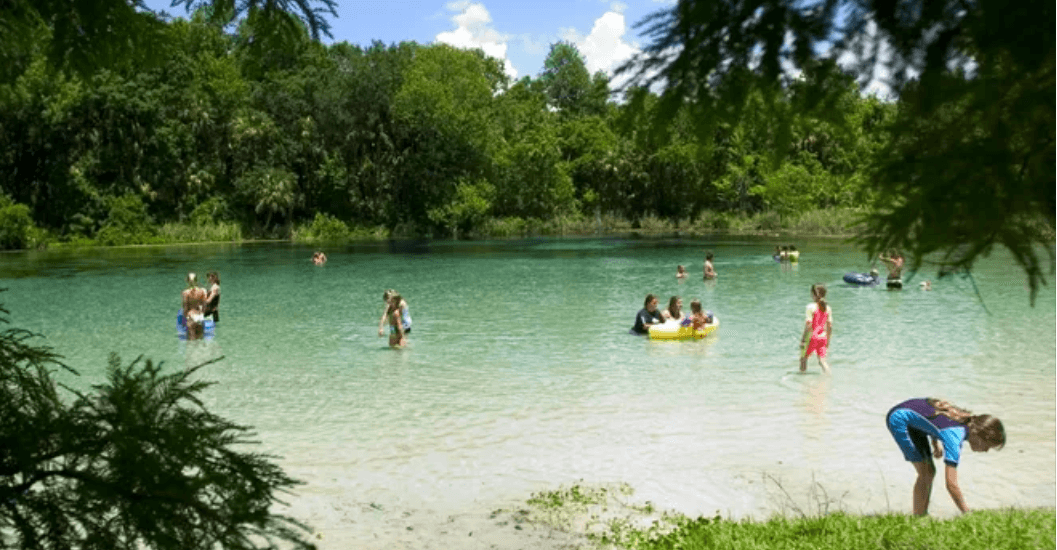
The bottom of the pool is sand and limestone and in areas is covered by native aquatic grasses and some patches of algae.
What makes Alexander Springs unique is that it’s the only first magnitude spring (those discharging an average of 100 cubic feet of water per second) found inside a national park or national forest.
Admission
Prices are subject to change. Check with the site management before you go.
| Monday-Friday | $8/person, plus tax |
| Saturday-Sunday | $11/person, plus tax |
| Annual Pass | $70 Plus Tax* |
*The Annual Pass is $70 + tax/person, good from the date of purchase through the end of the year. It provides entrance to recreation areas managed by Adventure Ocala: Juniper Springs, Alexander Springs, Silver Glen Springs, Clearwater Lake, and Wildcat Lake. This pass is available for purchase from Adventure Ocala at Alexander Springs, Juniper Springs and Silver Glen Springs.
When Is The Best Time To Visit Alexander Springs?
Alexander Springs is one of the most popular places to visit in the Ocala National Forest, so it can get crowded, especially on summer weekends and holidays. This can lead to restricted access when the recreation area gets to maximum capacity. It’s best for parking and your nerves to get there early, ideally before the gates open for the day.
Our favorite seasons to visit are spring and fall, when it’s comfortably warm but less crowded, and the changing colors can be enjoyed, though the mild winters are also nice to visit.
What Can I Do At Alexander Springs?
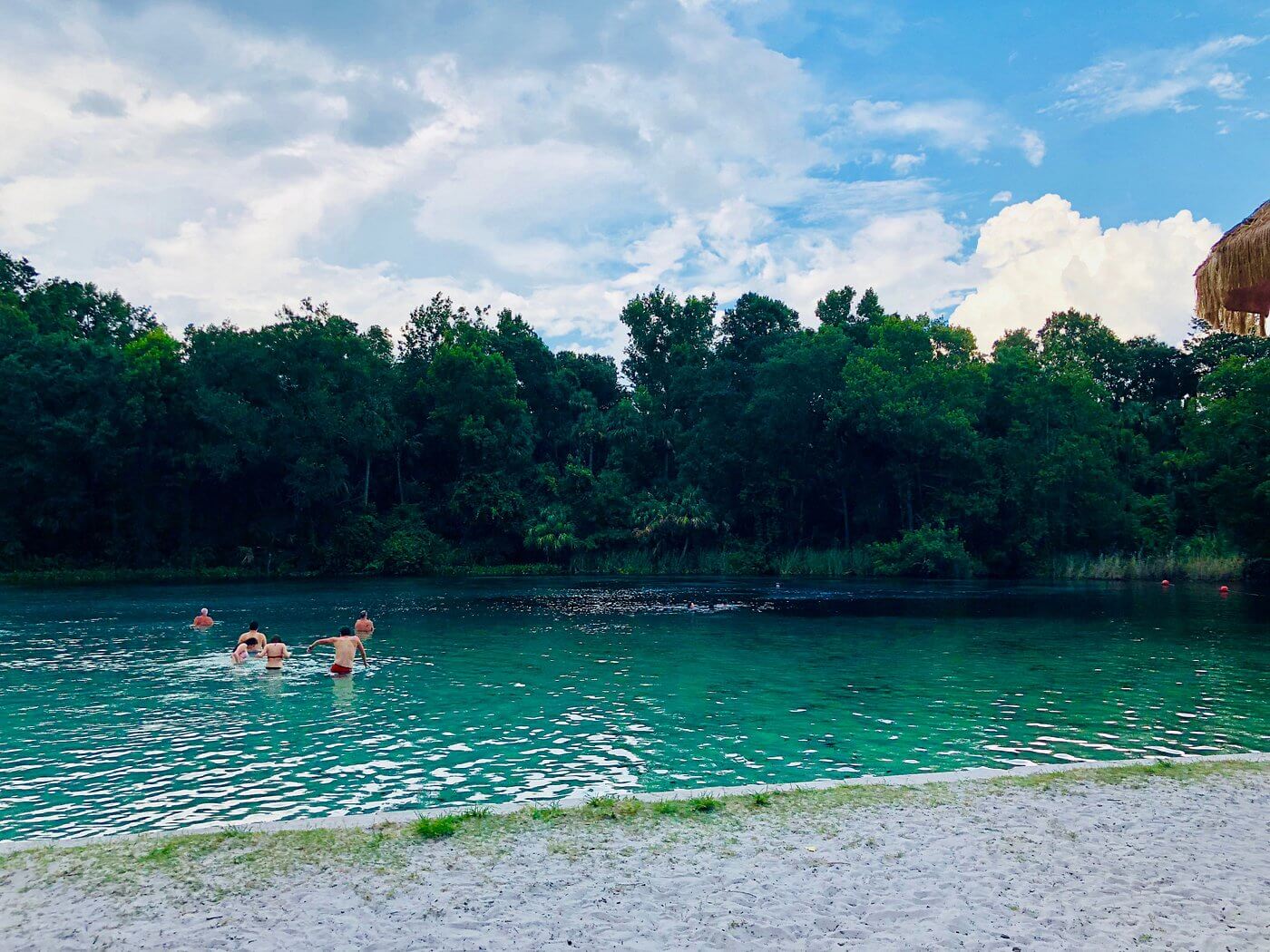
Swimming, snorkeling, canoeing, kayaking and paddle boarding are what most visitors head to Alexander Springs for. Some visitors bring floaties and pool noodles too to keep the kids happy. Whatever you’re planning, you should bring your own gear where possible.
Swimming In Alexander Springs
Swimming is super comfortable (with the water feeling cool in the heat of summer and warm in the winter), as the water is clear and the pool accessible from a gradually sloping sandy beach.
Bring a wetsuit if you get cold easily, or if you plan to be in the water a while, and note that some parts of Alexander Springs are too deep to stand in, so keep a careful eye on younger soakers.
Lifeguards are on duty around the pool from May 15 until September 15.
Canoeing, Kayaking And Paddleboarding In Alexander Springs
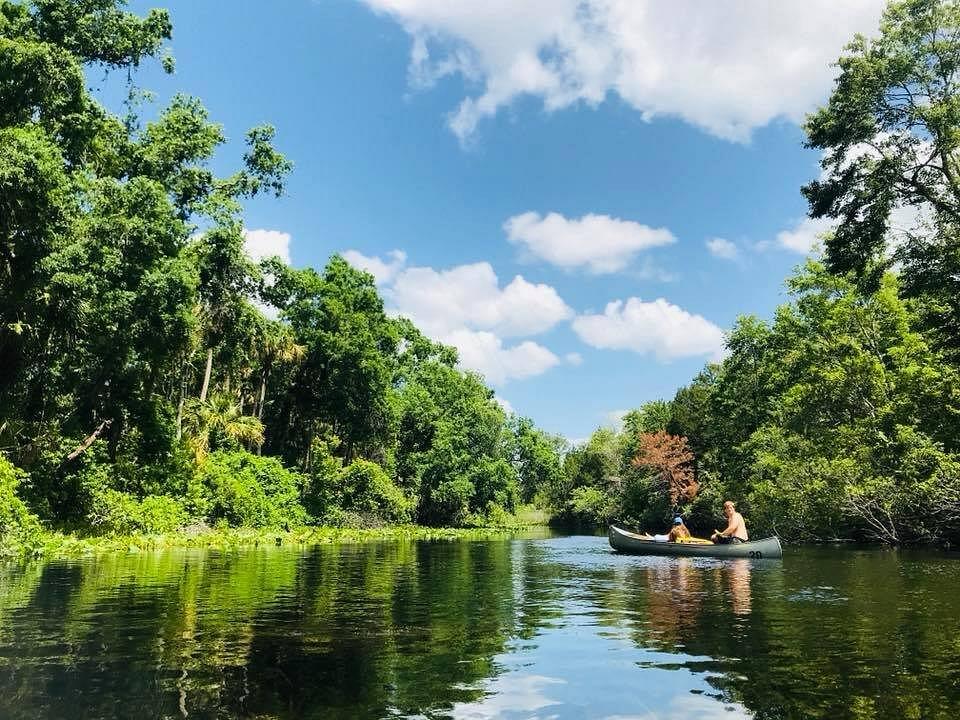
People like to canoe, kayak and paddleboard downstream along the wide, slow moving Alexander Springs Run, which flows east approximately 8 miles to the St. Johns River. It’s a trip that in full takes around four hours to complete, depending on your speed, strength, and the waterflow. Most people choose to turn back at the County Road 445 highway bridge. There have been private canoe and kayak rentals available onsite in summer in the past (fewer options in winter) allowing you to enjoy two hours up to half- and full-day use, but availability can vary, so call ahead before you go if your heart is set on this activity.
Paddlers should protect themselves from the sun as the Alexander Springs Run has little shade. Also watch out for summer afternoon thunderstorms and be sure not to stay out in them.
Motorboats are not allowed to go into the Run beyond the bridge.
Scuba Diving In Alexander Springs
Scuba diving is allowed inside Alexander Springs, the only place you can do so in Ocala National Forest, but only if you are a certified diver. You’ll have to pay an additional fee and follow the set rules, but it’s worth it, as there are many caves and underwater crevices to explore. Note, however, that diving into the Alexander Springs caves is highly discouraged, being extremely dangerous even for professionals.
Hiking And Biking In Alexander Springs
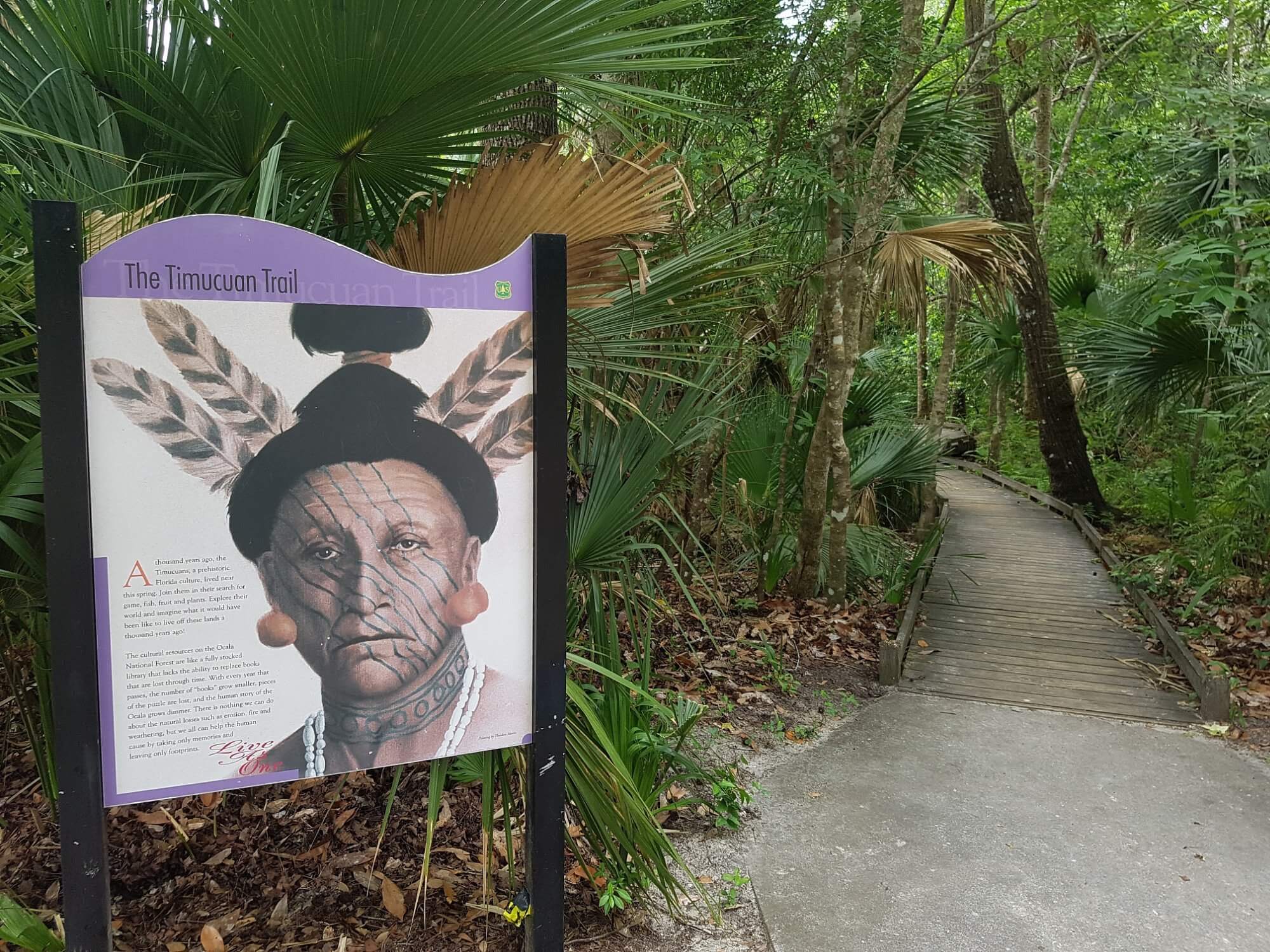
The Timucuan Trail is an easy, one-mile, fully accessible loop trail to follow around the Alexander Springs Recreation Area. It is a raised wooden boardwalk that winds through a dense, tropical jungle alongside the Alexander Springs Run and around the pool, with observation decks providing the perfect selfie stops!
The Alexander Springs Spur Trail is part of the medium-grade Florida and Alexander Springs Recreation Area Spur Trail, a 17.4 km trail that starts in Paisley, Lake County, Florida.
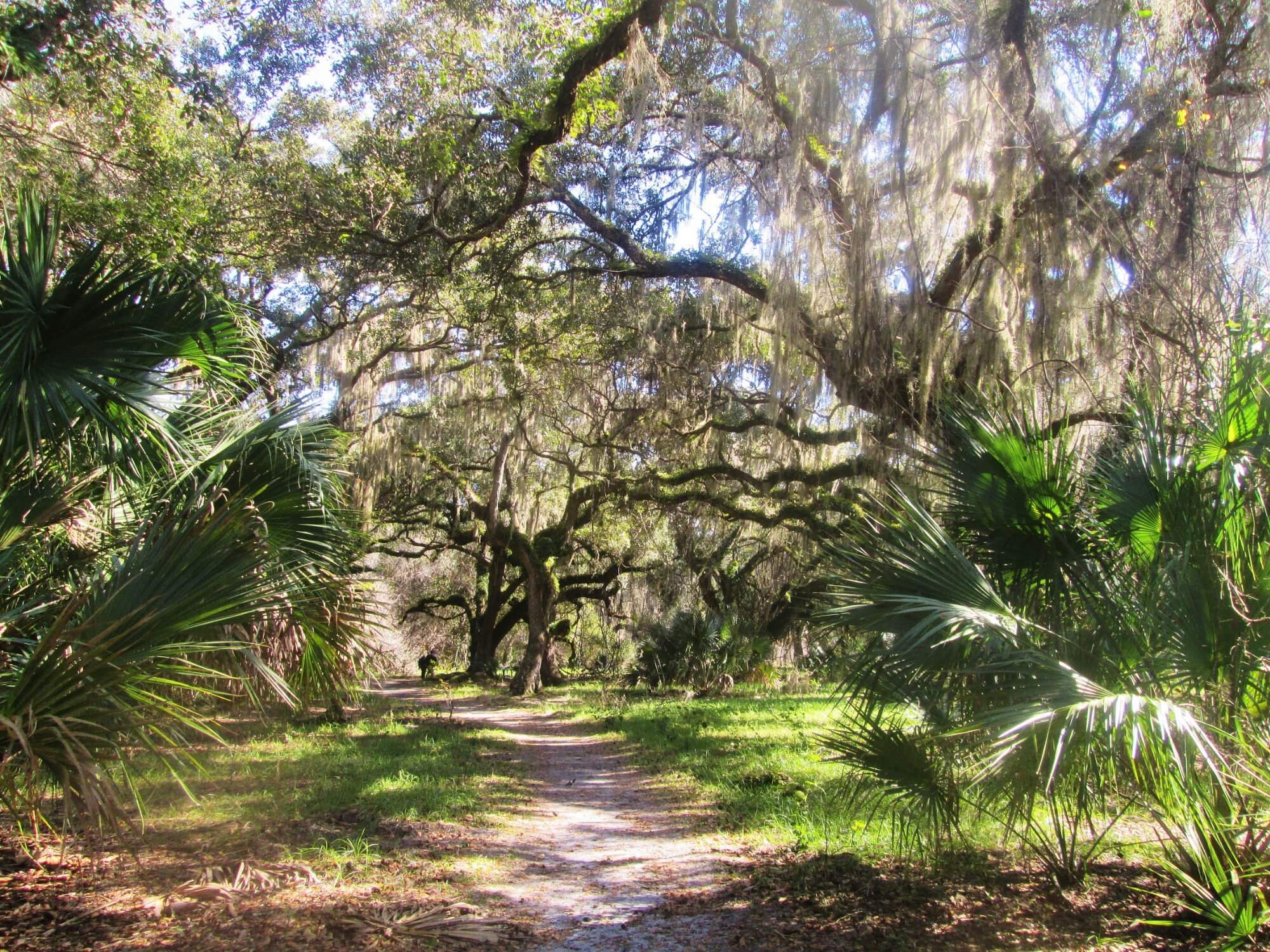
If you’re backpacking, Alexander Springs makes a nice stop on the Florida National Scenic Trail. Alexander Springs to Clearwater Lake is 9.7 miles (south), while Alexander Springs to Farles Lake is 7 miles (north).
What Wildlife Might I See At Alexander Springs?
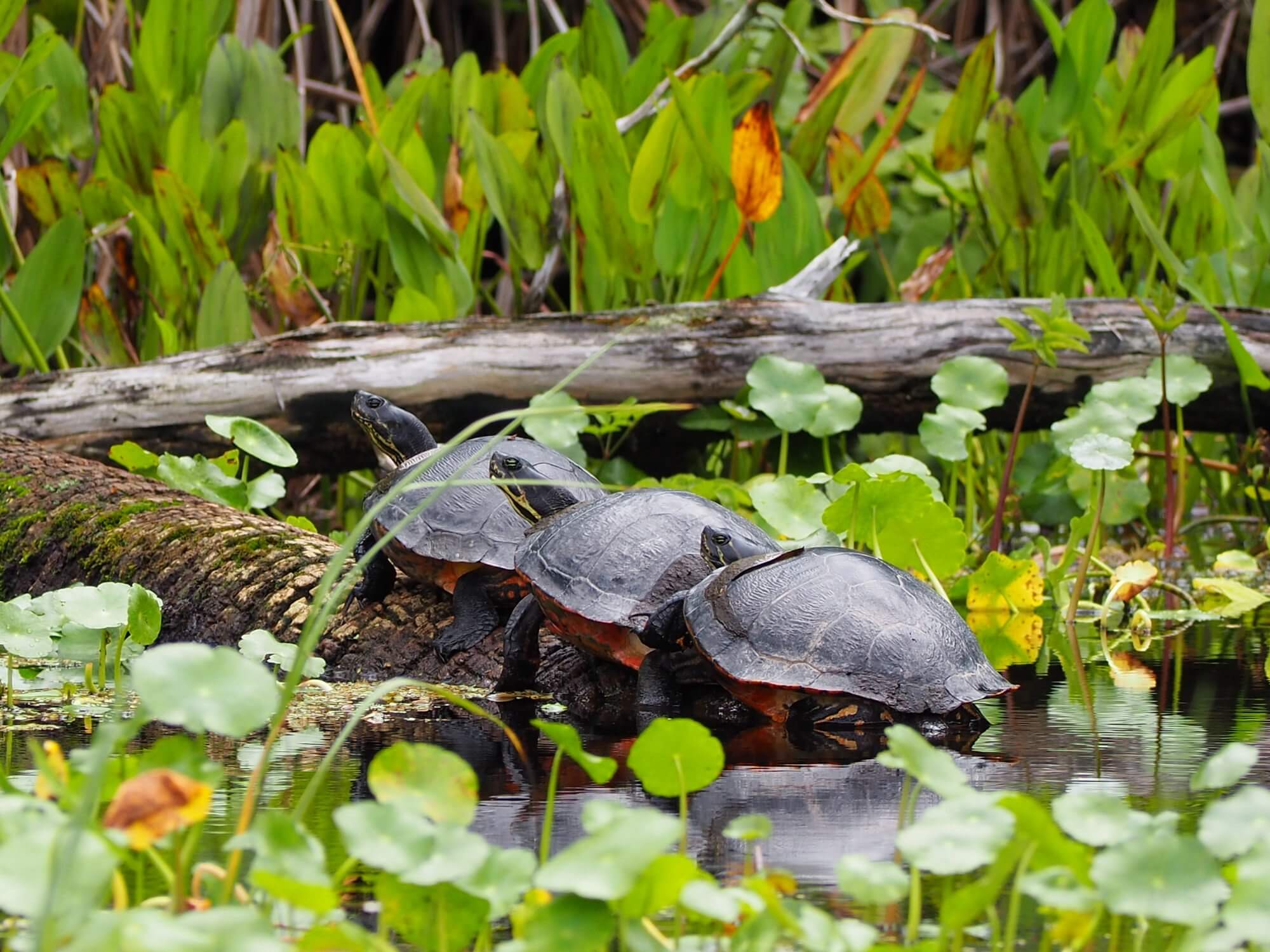
Turtles, alligators, snakes, black bears, coyotes, bobcats and racoons are common inside the Alexander Springs recreation area and campground. As such, dogs are not allowed in most parts of the recreation area, only in the campground.
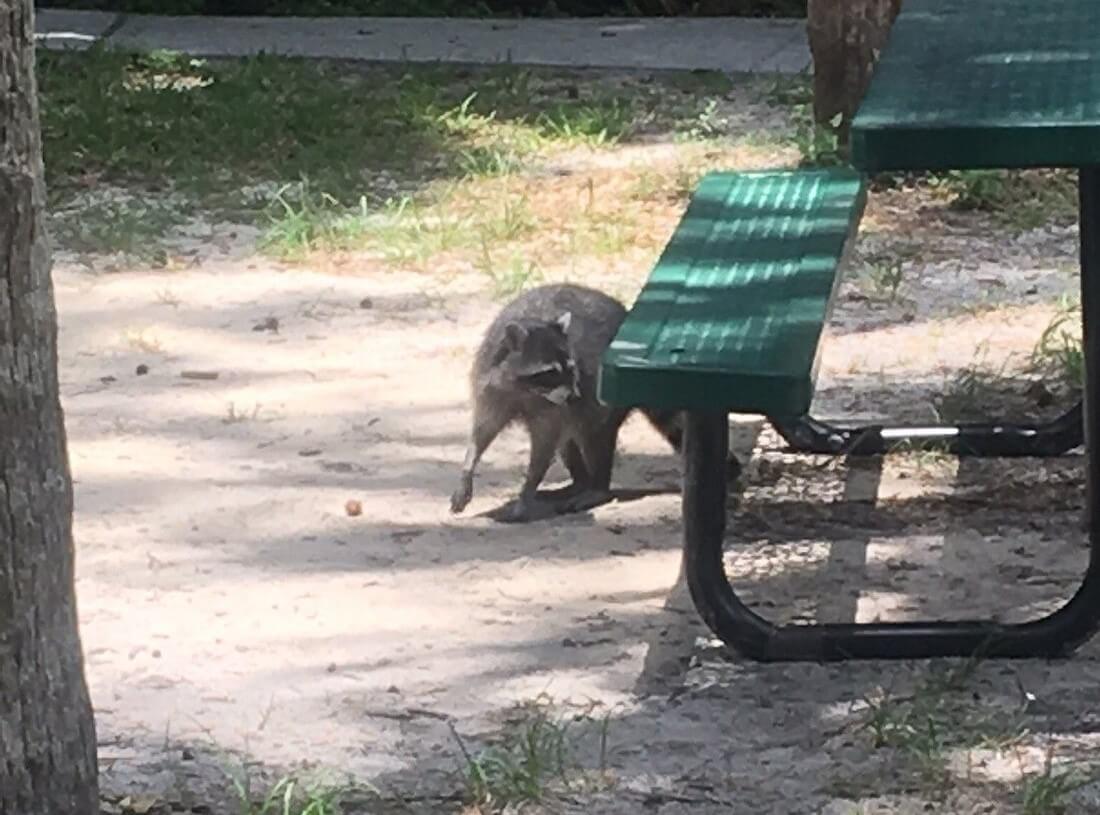
And on the topic of the campground (though this also applies to picnicking)- keep your food shut away and never leave it unguarded on the table. It will be whisked away before you know it by a raccoon or vulture, and we shouldn’t be feeding the wildlife because that leads them to expect ALL humans to provide a source of food…and that’s not something you want an alligator thinking now, is it? Sadly, incidents have occurred for this very reason in the past, leading to some animals having to be euthanized due to unsafe behavior and human interaction.
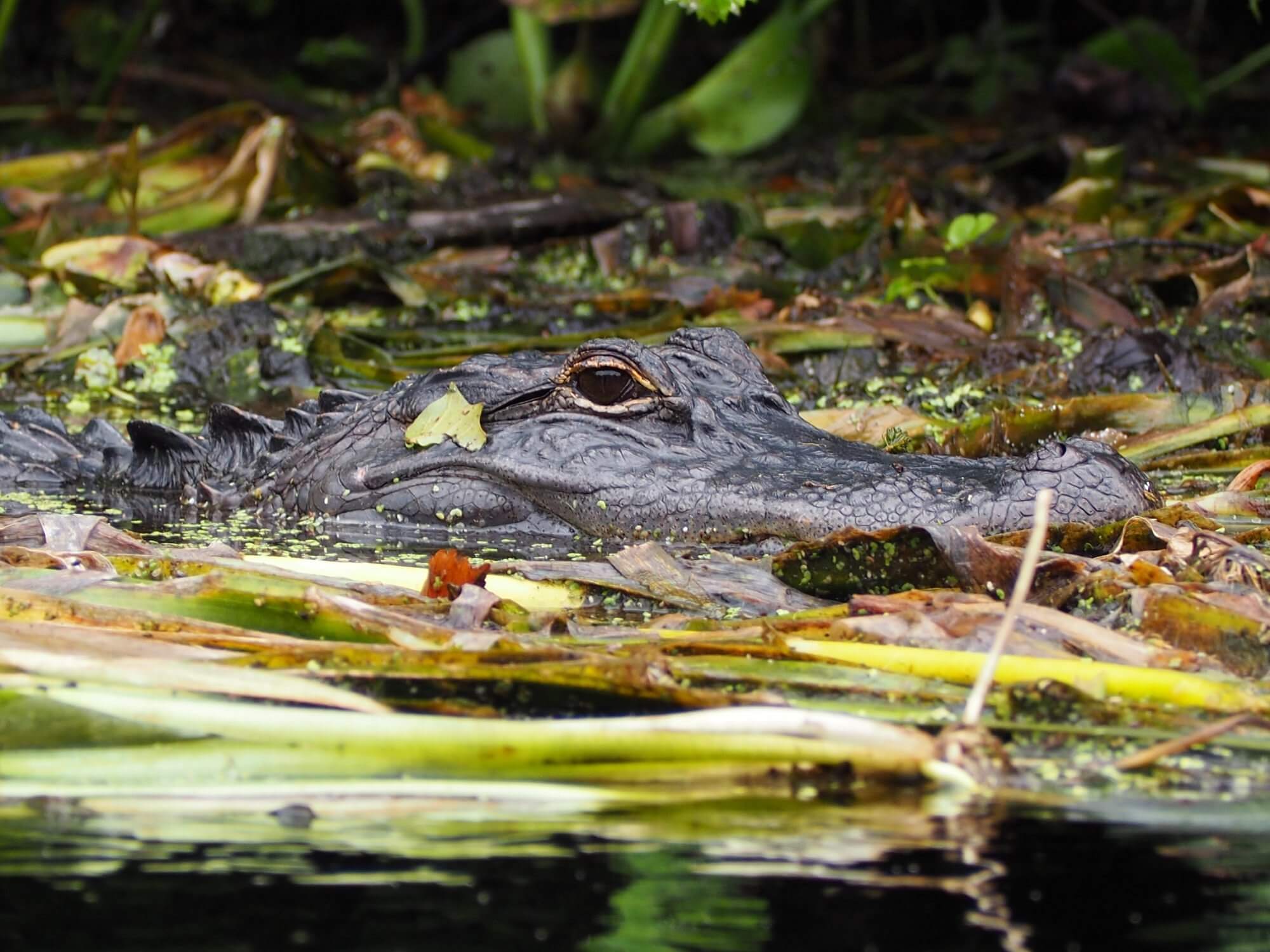
If you’re worried about the alligators you might see on your visit to Alexander Springs, check out this great article on the topic, packed with tips on how (not) to behave if you see one, and what to do if you get bitten.
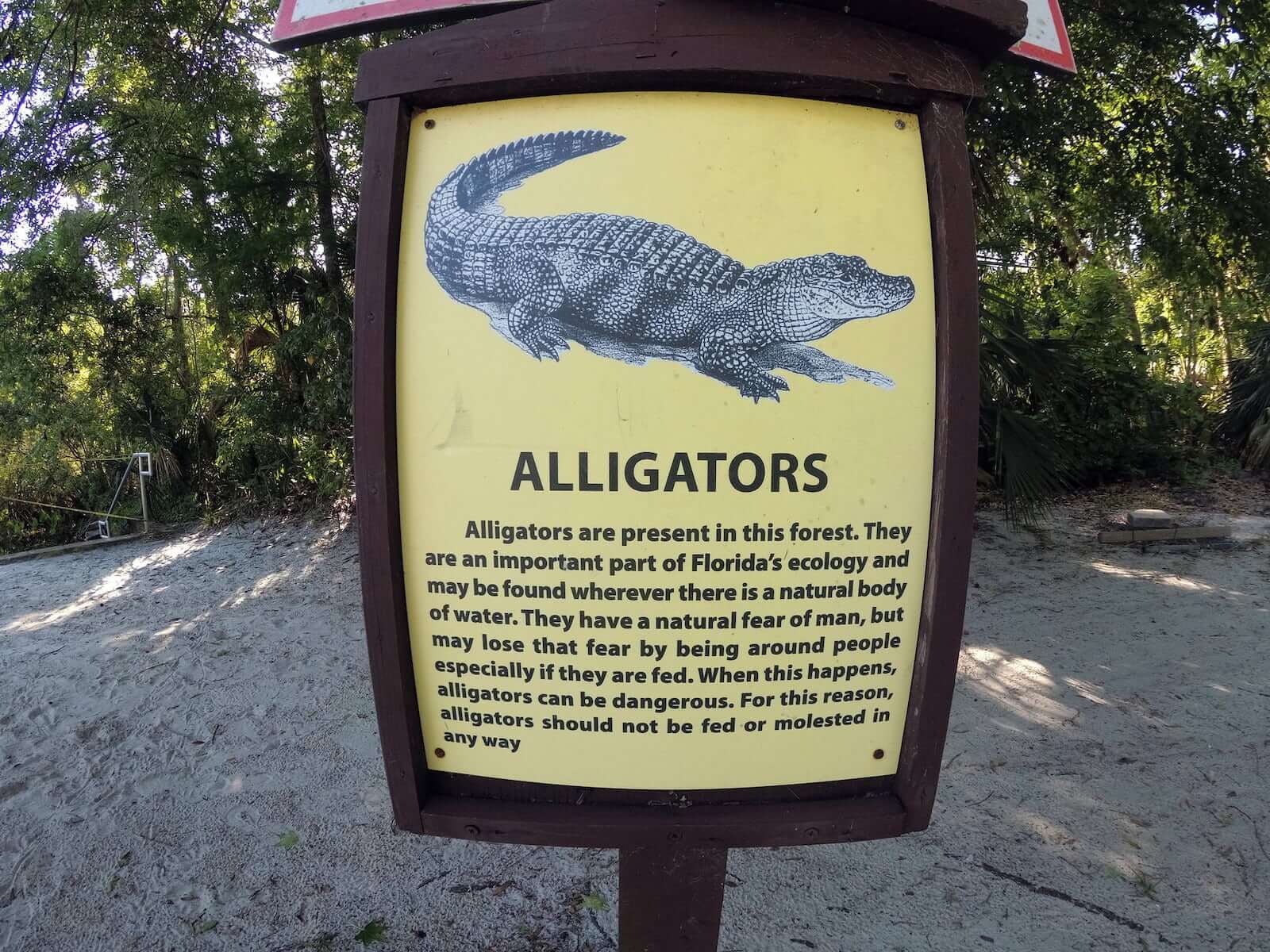
In short, you should stay alert as you’re moving in or on the water. If you’re around a lot of noisy, splashy people, it’s likely that the alligators will be elsewhere, but keep your eyes open for them anyway!
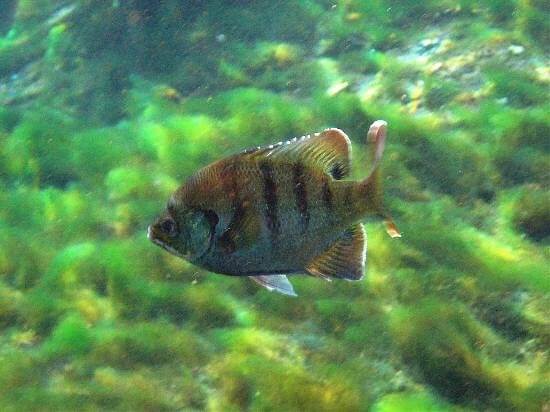
Another Alexander Springs resident to stay clear of is the otter, which can attack swimmers, especially during nesting season. Give them their space and they’ll give you yours.
What Should I Bring To Alexander Springs?
Pack as you would for a day at the beach or waterpark. Bring fun floaties (under 60 inches so as not to disturb others), swimming gear, sun protection, waterproofing for your phone or camera, and bug spray to stop those noseeums from biting!
Where Can I Eat In Alexander Springs?

Most visitors bring their own picnic, but there is also a private vendor near the pool which sells simple snacks, ice and other necessities in summer.
Interesting History
The area around Alexander Springs in Florida is known for its history of homing and bathing the Timucua and the Calusa native tribes. Archaeological evidence has shown that both cultures settled near rivers on or near the coast and ate shellfish and used the shells as tools, and fished for food while traveling on dugout canoes. Both tribes also built builders for burials and refuse (called midden mounds).
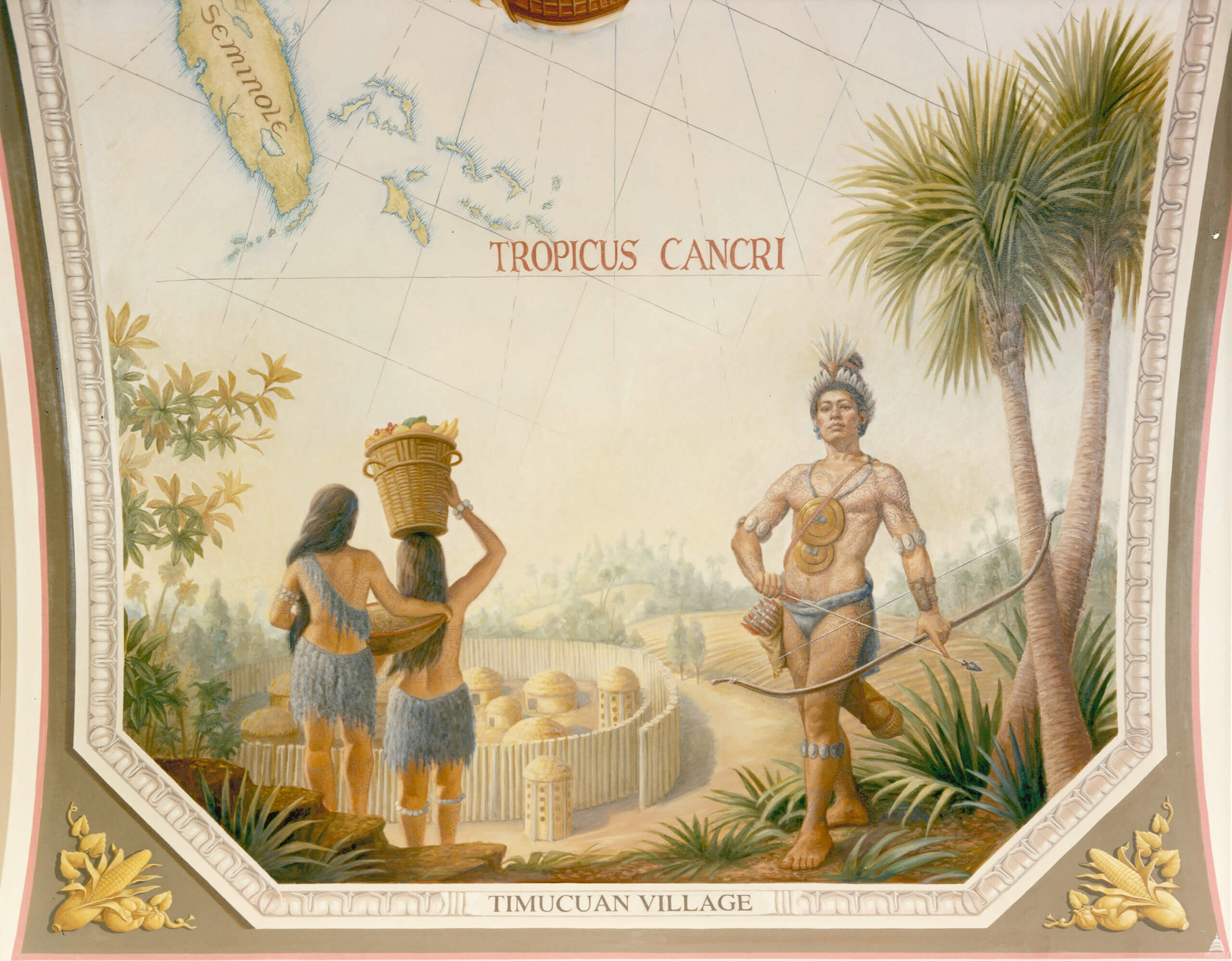
The Timucua are also known to have hunted and gathered in the forests and swamps, and to have planted maize, squash, and beans in their villages.
With any plant or tree that they removed from the land, the Native Americans asked for permission and forgiveness, showing their respect to nature. Something we could learn from today!
How To Get There
From Orlando, Florida, it will take you just over an hour to get to Alexander Springs. Take the FL-414 W, then the FL-429 N. At Exit 39, get off onto FL-453. You’ll need to briefly join the FL-46 W before turning right onto Round Lake Road. Turn left onto Wolf Branch Road then right onto Britt Road. At the end, turn right onto the FL-44 E, then left onto Country Road 439/FL-42 W to Altoona. From here turn right onto the FL-19 N (Main Street). County Road 445 on the right will take you 5 miles to the Alexander Springs Recreation Area.
From Gainesville, Florida, you’ll need 1.5 hours to travel the 76.5 miles. Take the US-441 S, merge onto the US-301 S, then turn left onto the FL-326 E. The FL-40 E will then take you all the way to Astor Park where you can join Country Road 445 which will take you to the Alexander Springs Recreation Area.
Can I Stay There?
Yes. But check ahead that your visit doesn’t coincide with a large event such as the Daytona 500 or Mount Dora Arts Festival which tend to bring an influx of overnighters to the campground.
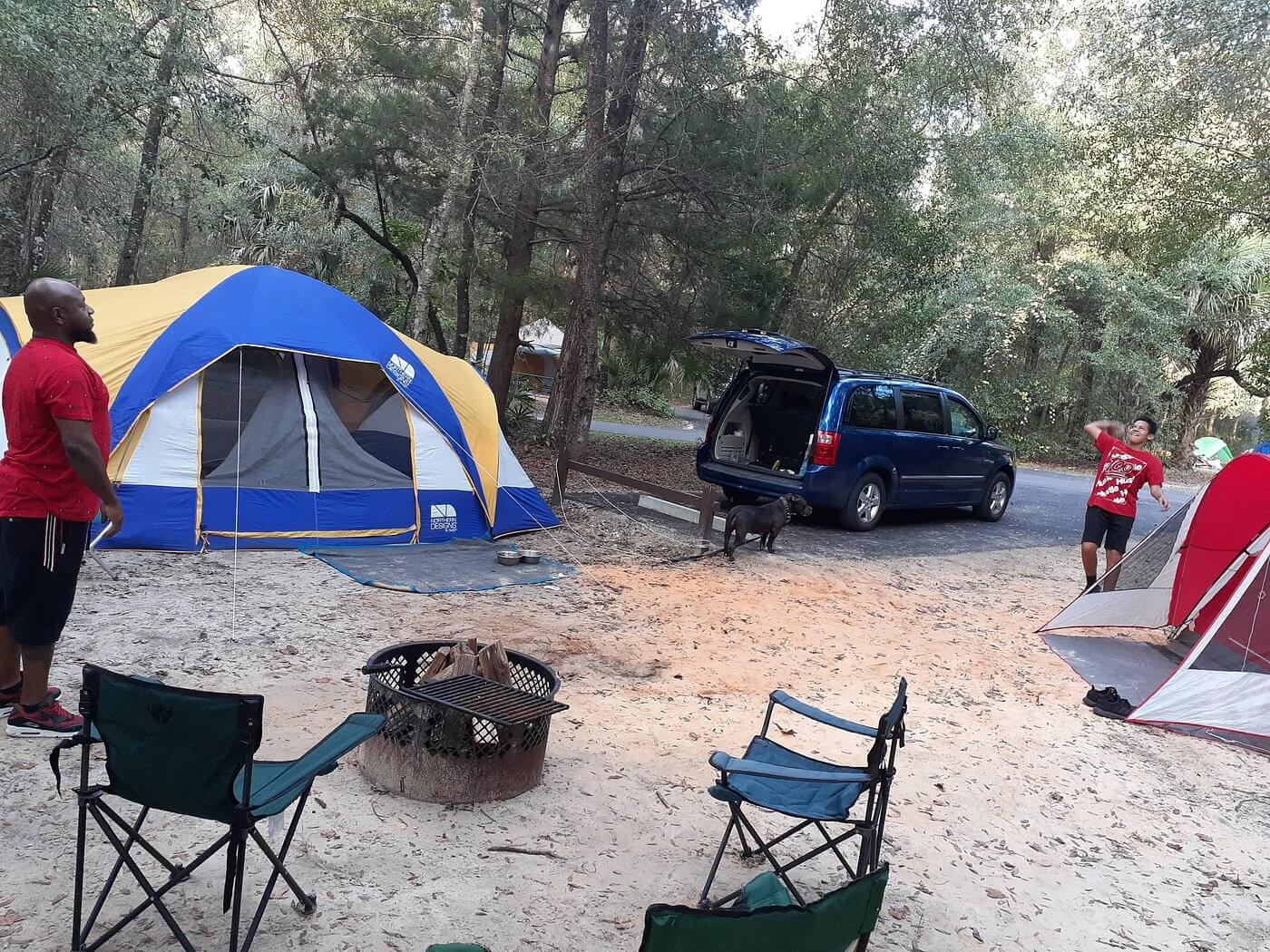
There are 67 shady, grassy sites set up for tents and RVs (up to 35 feet long) at Alexander Springs. Book ahead via recreation.gov.
On-site you’ll find showers, drinking water, picnic tables, fire pits, and BBQ grills. There are no electrical, water, or sewer hook-ups at the campground (a negative when RV owners start running their noisy, smelly generators, even with a nightly curfew in place). There is a dump station.
The recreation area is open 8am to 8pm, but campers get a unique code to get through the locked gates to their location during the night.
The Ocala National Forest is home to predatory animals such as bears, coyotes, bobcats, alligators and vultures. Never leave food out when camping – bear boxes are provided to store food in.
A nearby concessionaire sells snacks, basic groceries, ice, charcoal, firewood, beach items and a few personal items.
What Else Can I Do In The Area?
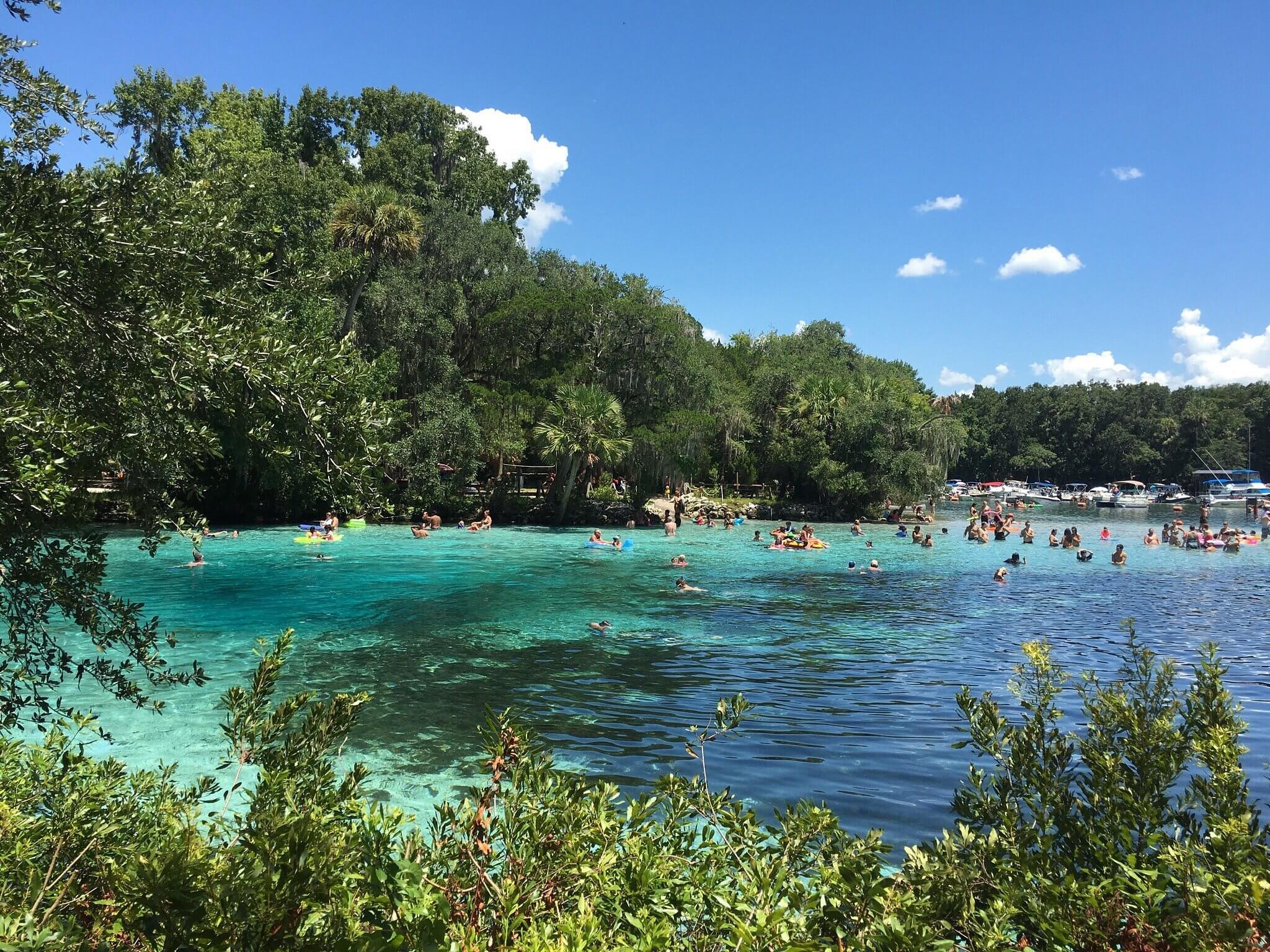
Much like Alexander Springs, Silver Glen Springs near Salt Springs is also an Ocala gem worth checking out. For a more commercial feel and some great turquoise pools to explore, head to Ginnie Springs at High Springs – our favorite activity there is tubing down the Santa Fe River! We also recommend you take a tour of Florida’s other great natural springs. It’s truly a paradise state!
The Takeaway
Alexander Springs is a beautiful natural pool that you can enjoy year-round, one that takes you back centuries to when the first tribes lived and soaked there, and one which puts you on the doorstep of wild nature and all the critters that come with it. Even today, the springs are as sacred to the modern tribes as they were to their ancestors. Shelling, digging and removal of artifacts of any kind is strictly prohibited. This is a protected area, so go with respect, enjoy it to the full, and leave no trace when it’s time to pack out.
Frequently Asked Questions
In the beautiful depths of the Ocala National Forest, Alexander Springs is about 1.5 hours from Gainesville, an hour from Ocala, and just over an hour from Orlando.
Alexander Springs opens at 8am. Closing times vary depending on the season – usually 6pm or 8pm.
The Alexander Springs swimming area is 300 feet wide and 25-28 feet deep, starting out at a gradually sloping sandy beach.
At the time of writing it was $8 per person on weekdays and $11 on weekends, but you should check with the location itself before you go.
Disclaimer
While we at Traxplorio do our very best to give you the most up-to-date information, we always recommend you do your own research before you travel to a particular area, and check conditions with official sites. Thanks for understanding, and enjoy your adventure!

